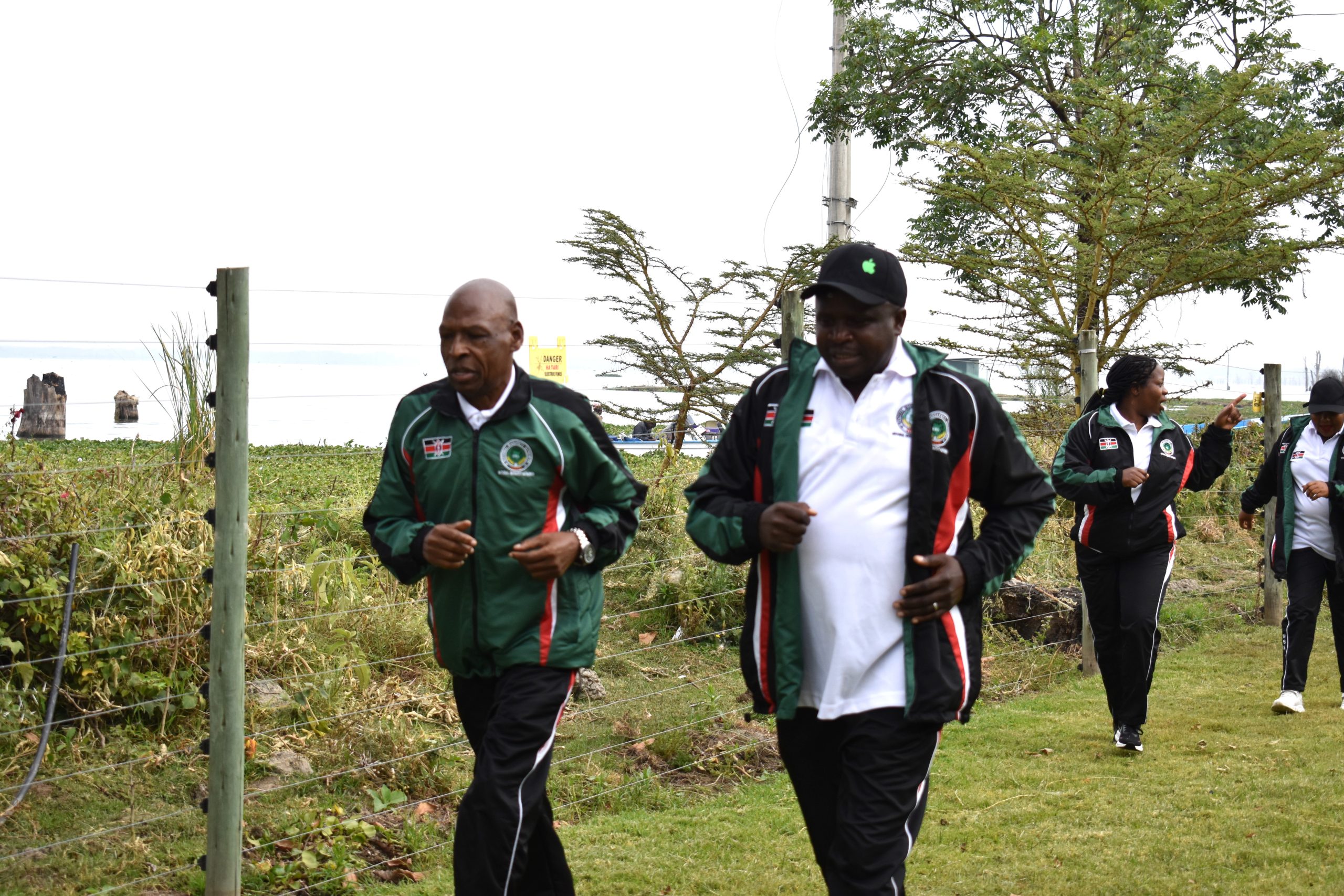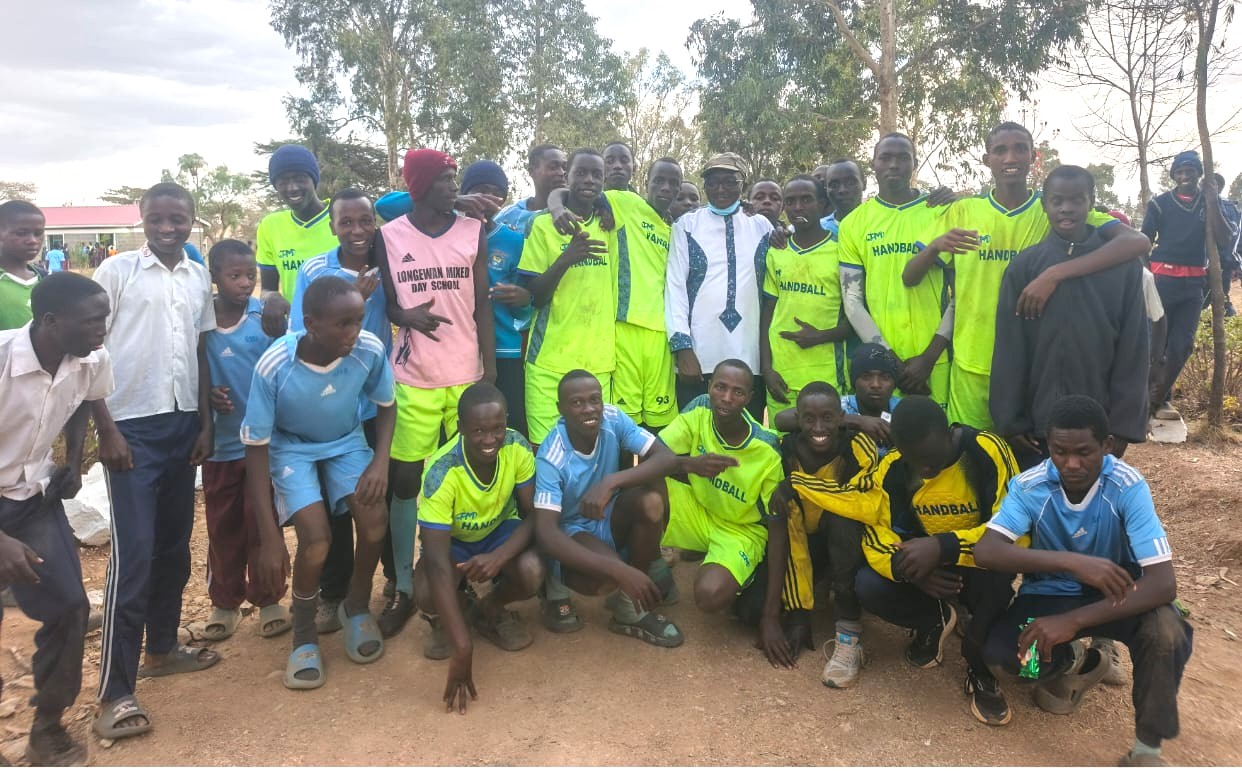National Biosafety Authority (NBA) has partnered with the Scientist of Kenya Association (SCOKA) on various initiatives to support young people interested in Biotechnology and Biosafety in the country.
NBA acting Chief Executive Officer Nehemiah Ngetich observed that understanding biosafety is important for future scientists and responsible citizens.
“Let’s explore science responsibly and contribute to innovation. As a regulator, the NBA recognizes the importance of involving youth who are engaged with current biotechnologies,” said Ngetich during a forum on the Science, Technology, Engineering and Mathematics (STEM) challenge for future innovation that was presided over by Spouse of the Deputy President Dr Joyce Kithure at Daystar University in Machakos County.
Dr Kithure had earlier on visited the National Biosafety Authority booth to understand the mandate of the Authority, which is to exercise general supervision and control over the transfer, handling and use of Genetically Modified Organisms (GMOs) to ensure the safety of human and animal health and provision of adequate protection of the environment.
The event was attended by hundreds of secondary school students who also participated in an innovation contest.
Ngetich took the students through career courses related to the Authority’s work, including Biotechnology Researcher, Environmental Scientist, Food Safety Officer, Biosafety Inspector and Science Communicator.
He emphasized to the participants the crucial role played by the Authority in ensuring the safe use of modern biotechnology in Kenya and regulating genetically modified organisms (GMOs) to protect human health, animal health and the environment.
“Biotechnology can improve agriculture, medicine, and industry. GMOs may pose environmental harm, unintended health effects, and ethical concerns without proper regulation. Therefore, the NBA ensures that biotechnological advancements are safe and beneficial to Kenyans,” added Ngetich.
READ ALSO:
On the Authority’s role in science and innovation, Ngetich said the agency encourages safe research and development in biotechnology and biosafety, provides guidance to researchers and institutions on safety protocols, ensures responsible innovation and works with universities, research institutes, and industry stakeholders in realizing its mandate.
He added that the Authority must protect Kenyans by ensuring that GMO food and products are tested and safe, monitoring the environmental impacts of biotechnology, and engaging scientists, policymakers, and the public in decision-making.
Kenya signed the Cartagena Protocol on Biosafety to the Convention on Biological Diversity (CBD) in 2000. It was ratified in 2003 with the National Biosafety Authority as the national focus point.
This international agreement aims to ensure the regulation of GMOs to ensure their safety for humans, animals, and the environment.
The protocol is part of the global convention on biological diversity (CBD). It provides a framework for the utilization of biotechnology while also recognizing the potential risks that the new technologies may pose.
By our reporter






